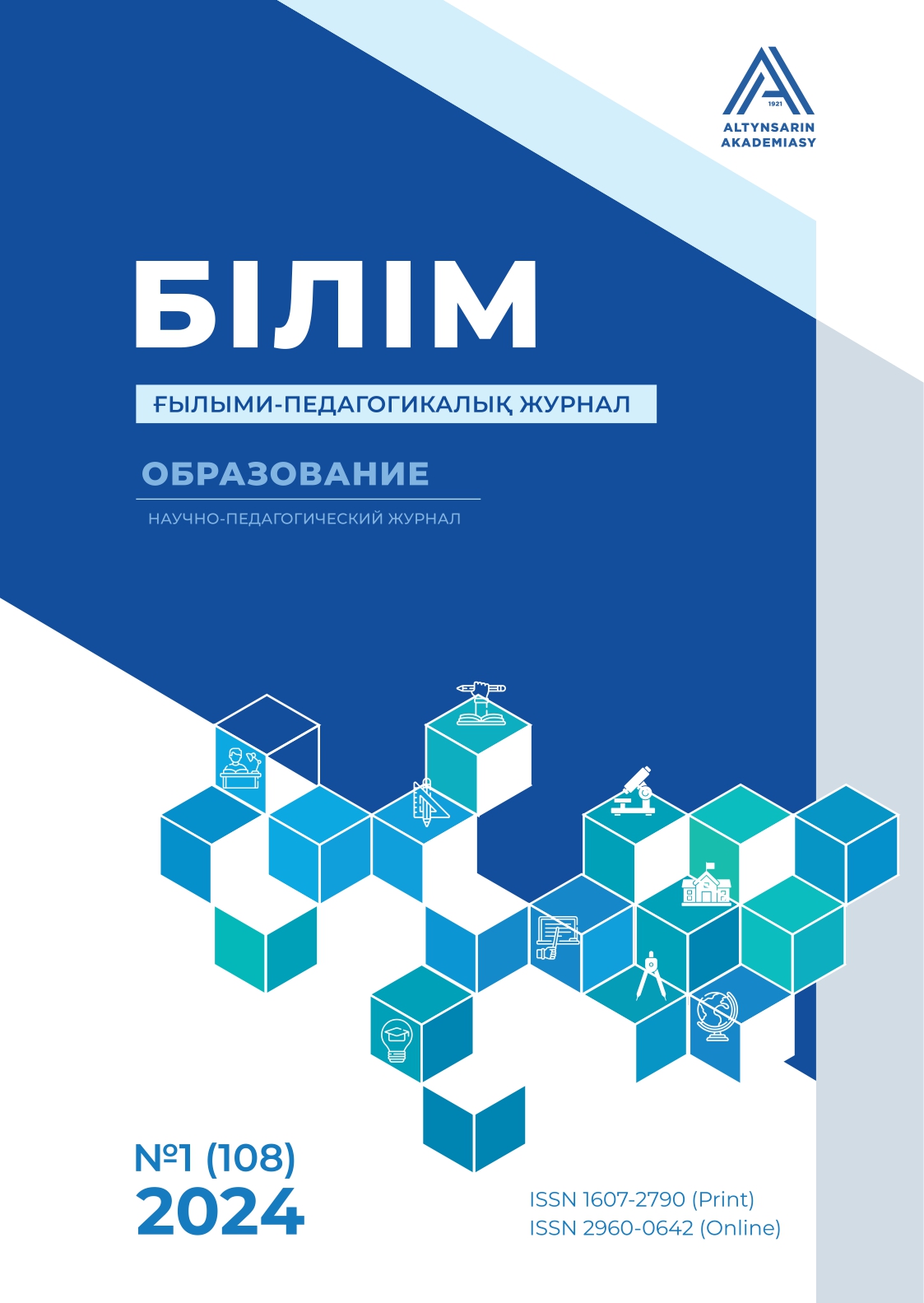Impact of metacognitive approaches on learners grades 8-9 to build sustainable learning skills
DOI:
https://doi.org/10.59941/2960-0642-2024-1-52-62Keywords:
metacognitions, metacognitive approach, metacognitive abilities, metacognitive skills, metacognitive strategiesAbstract
In the conditions of constantly changing educational paradigm in Kazakhstani education there is a process of changes aimed at the renewal of the education system. Taking into account the principles of active learning, cooperation, differentiated approach to learning, interdisciplinary integration and the use of information and communication technologies, Kazakhstan seeks to develop in schoolchildren the necessary skills and competencies for successful adaptation in the 21st century.
The transition from a traditional pedagogical approach to a modern one, based on renewed educational principles, implies a movement towards the formation of independent and critically thinking individuals. This approach recognizes that memorization of facts and passive learning are no longer sufficient to prepare students to successfully adapt to the complexities of the modern world.
The purpose of this study is to identify the impact of metacognitive approaches on self-regulation, self-awareness, and study skills of students in grades 8-9. By applying research techniques resembling real experiments, but not involving randomized assignment of participants to groups, with pre- and post-testing, data were collected from students in grades 8-9. Integration of metacognitive abilities formed the basis of subject material of teachers in mathematics, physics, chemistry, and biology. The results confirm the significant impact of using metacognitive approaches in these subjects, through subject material in math, physics, chemistry, biology on self-regulation and study skills of students in grades 8-9. The study considers the possibility of introducing appropriate metacognitive approaches and techniques in the educational process, as well as organizing seminars for teachers of mathematics, physics, chemistry, biology to teach the integration of metacognitive techniques.
 ҚАЗ
ҚАЗ РУС
РУС ENG
ENG
